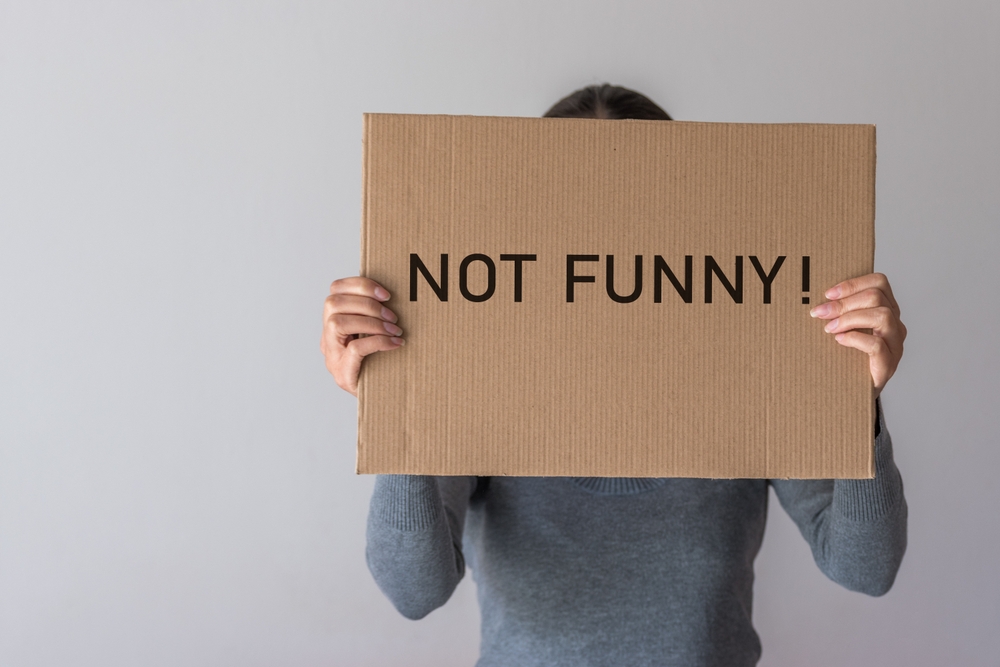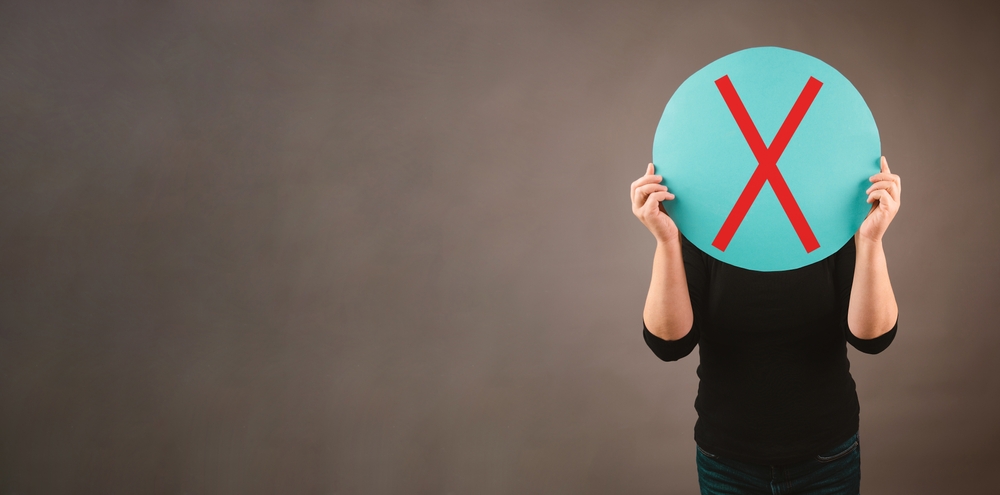Gen Z aren’t ‘snowflakes’—some things just aren’t funny
Every week, PhilSTAR L!fe explores issues and topics from the perspectives of different age groups, encouraging healthy but meaningful conversations on why they matter. This is Generations by our Gen Z columnist Angel Martinez.
There’s never been a harder time to make people laugh.
I first heard this from local comic Michael V or Bitoy, who lamented this during an awarding ceremony last 2023, only for the sentiment to be echoed by fellow figures in the scene such as TikTok viral sensation Macoy Dubs, gag show contestants Chad Kinis and Tuesday Vargas, and even even Vice Ganda. Cancel culture limits comedy by coercing those in the business to mince their words, and even keeping neophytes from entering the industry.
More often than not, Gen Z is to blame.
We are labeled as the generation of "snowflakes," like we’re so incapable of taking a jab that we storm social media with proverbial pitchforks at the slightest provocation. Our elders are left to wonder why we’ve become so onion-skinned—but come to think of it, they’re partly responsible. “Each generation varies in terms of experiences brought about by our direct environment, significant events, challenges, and victories. Even parenting strategies or struggles [faced] can vary, affecting how people deal with situations and cope through humor,” psychologist Wenna Brigaste explained to PhilSTAR L!fe.
Young people today took charge of shaping their own identity, which “allows [us] to incorporate social and cultural changes with less resistance than at older ages,” according to a report by market research firm Ipsos. As a result, we grew up “politically correct, inclusive, and tolerant of diversity,” as Brigaste put it, which could cause us to appear sensitive towards questionable punchlines.

It’s why gags that would have left older audiences in stitches simply don’t sit well with us anymore. Stand-up veteran Jo Koy’s controversial impersonations of his mother earned him a cult-like, diasporic following, but to us, they’re tired cliches that subject aspects of Filipino life to mockery and shame. TV host Joey de Leon’s controversial remarks—from invalidating mental health struggles to poking fun at obvious insecurities—aren’t quirky or subversive; they’re signs of ignorance, backed by half-baked apologies.
Not only are we quick to make such judgments; we’re also eager for them to be heard. “Gen Z are expressive about their stances on issues, and simply would not accept things said to them that aren’t correct,” Brigaste said. I would argue that though we sometimes miss the mark, our outspokenness is for the greater good. Others may downplay the gravity of offensive punchlines but jokes are not only half-meant; they can target whole communities.
Studies show that comedy, when done incorrectly, functions the same as hate speech: creating and reinforcing attitudes towards marginalized groups and reinforcing the normalization of otherwise discriminatory and disrespectful attitudes. “Many forms of humor that play upon sexist and racial stereotypes can lead to those exposed to it being more relaxed about, or accepting of, discriminatory attitudes,” a paper by Simeon Goldstraw of the University of Oxford read.
Such jokes can also strengthen existing prejudices in those who already carry them. Take a look at those coming to the defense of congressional candidate Christian "Ian" Sia, who recently offered himself to “lonely, fertile” single mothers, or district representative Lray Villafuerte, who delivered a barrage of sexually suggestive pick-up lines at his son’s birthday concert. How many times have we seen comments saying that these remarks are normal, especially during campaign season? How much more do we have to be told to relax in the face of blatant rape culture?
If anything, our "snowflake" tendencies seek to elevate the standards of comedy and discourse. They push comics and audiences alike to critically evaluate who always ends up the butt of the joke, and encourage these groups to be imaginative with their material. Anyone who thinks otherwise is probably afraid of being held accountable for their actions.

A study conducted by University of Arizona professor Calab Warren and University of Colorado professor Peter McGraw found that the ability to make risky jokes is associated with assertiveness and capability. This is why some “step too far and engage in offensive humor for the sake of capturing an audience’s attention.” But, let’s face it: Pointing out physical flaws or resorting to sexism, racism, and misogyny are cheap shots. Real humor lies in weaving observations and anecdotes in a way that everyone can relate to—in bringing people together rather than driving a wedge to assert superiority.
Unfortunately, a lot of elders don’t appreciate being told what to do or how to think. I observed this in the comments section of this Generations column, and I’m honestly bracing myself for a repeat today. Weekly, I bring up a valid concern that plagues those around my age and life stage. Like clockwork, I am instantly greeted by a barrage of the same insult in different fonts: We take the fun out of everything. We’ve never had a chill day in our lives. We should be nuked.
Rather than cry foul over being cancelled and accuse the well-meaning of being "too woke," maybe it’s necessary to admit that the youngins have a point. Certain social norms need to be updated and pejoratives erased from their collective vocabulary—it’s a natural cycle, caused by shifts in culture.
Most importantly, Brigaste suggested going back to the basics of human interaction. “Treat everyone with utmost respect and kindness. Regardless of generation, people should realize that we need one another either to accomplish goals or to simply have a support system.”
If someone takes offense because of what was said, the ideal reaction is to apologize and retract—not defend and rebut, even if the original intention wasn’t to wound anyone. To think that we exist beyond the bounds of accountability, and that our words don’t come with their own set of consequences, might just be the funniest joke of all.
Generations by Angel Martinez appears weekly at PhilSTAR L!fe.



